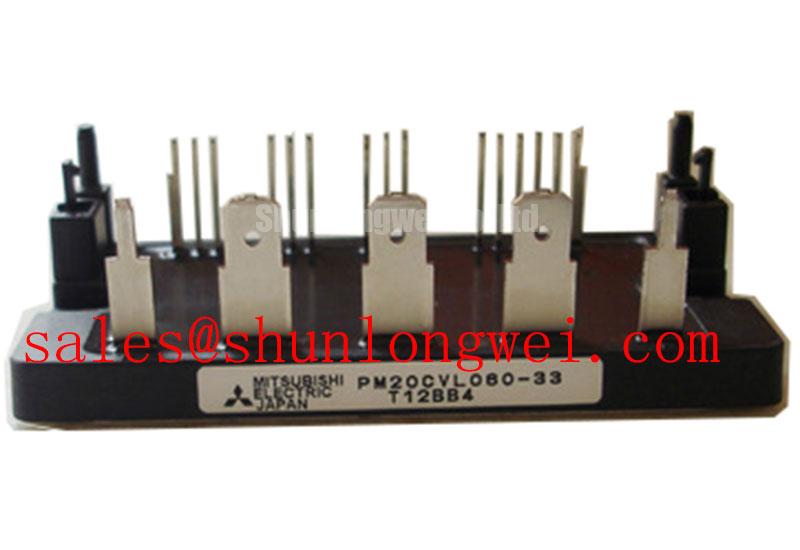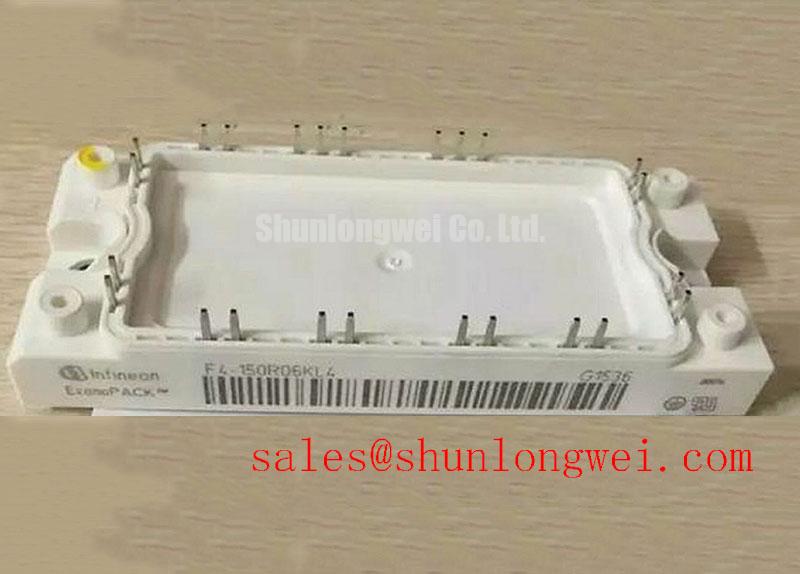In the fast-evolving field of industrial power electronics, the selection of IGBT modules plays a crucial role in achieving system efficiency, reliability, and operational scalability. This article presents a technical and application-centric comparison between two highly regarded IGBT modules: PM20CVL060-33 from Mitsubishi and F4-150R06KL4 from Infineon. Through a detailed review of their specifications, core features, and application scenarios, industrial procurement managers, engineers, and manufacturers can gain actionable insights to inform their device selection.

This module integrates complete drive control and enhanced protection circuitry, isolated from the baseplate. Such a design supports robust and reliable performance in environments requiring high-frequency inverter action, such as industrial welding, servo drives, or power conversion systems.
The F4-150R06KL4 offers a significantly higher nominal collector current, positioning it as a go-to solution for industrial drives, railway traction, uninterruptible power supplies (UPS), and large-scale inverter systems demanding elevated current throughput. For an extended look into IGBT module varieties and recommendations, explore our dedicated section.

| Specification | PM20CVL060-33 | F4-150R06KL4 |
|---|---|---|
| Voltage Rating | 600V | 600V |
| Collector Current | 20A Nominal / 40A Peak | 180A Nominal |
| Isolation Voltage | 2500V AC | – |
| Weight | 114g | – |
| Temperature Range | -20°C to +90°C (Case) | – |
| Application Focus | High-Frequency Inverter | High Current Industrial |
The PM20CVL060-33 places emphasis on reliability, compact design, and integrated control and protection mechanisms, which are highly beneficial for systems requiring consistent high-frequency operations within moderate current limits. In contrast, the F4-150R06KL4 stands out where high current capacity is the overriding requirement.
The selection should be tailored to the required current handling, switching frequency, and system integration ease. For instance, facilities emphasizing compact, high-frequency systems will lean towards PM20CVL060-33, while those necessitating robust current flow (multiple hundreds of amps) will benefit from F4-150R06KL4’s capabilities.
Choosing the optimal IGBT module is not solely about headline parameters such as voltage or current. Integration depth (control, protection, mounting), thermal management, and system compatibility are critical to minimizing downtime and maximizing return on investment. Insights on IGBT module working principles and selection tips are essential for informed procurement and system design.
Modern industrial systems demand ever-greater energy efficiency, digital control, and real-time protection. Both PM20CVL060-33 and F4-150R06KL4 exemplify this trend, offering integrated protection features and high levels of electrical isolation. Looking forward, expect further advances in wide-bandgap materials, embedded sensors, and smarter IGBT gate drivers — all designed to support Industry 4.0 and predictive maintenance in manufacturing settings.
Both the PM20CVL060-33 and the F4-150R06KL4 are premier IGBT modules, each with distinct strengths. The Mitsubishi PM20CVL060-33 stands out in scenarios prioritizing switching frequency and compact design, while the Infineon F4-150R06KL4 dominates when high current capacity is a necessity. Industrial decision-makers are encouraged to consider specific system requirements, operational environments, and future scalability during the selection process.
For extended specifications, datasheets, and additional application notes, explore our IGBT module resource center and knowledge base on IGBT technology fundamentals.